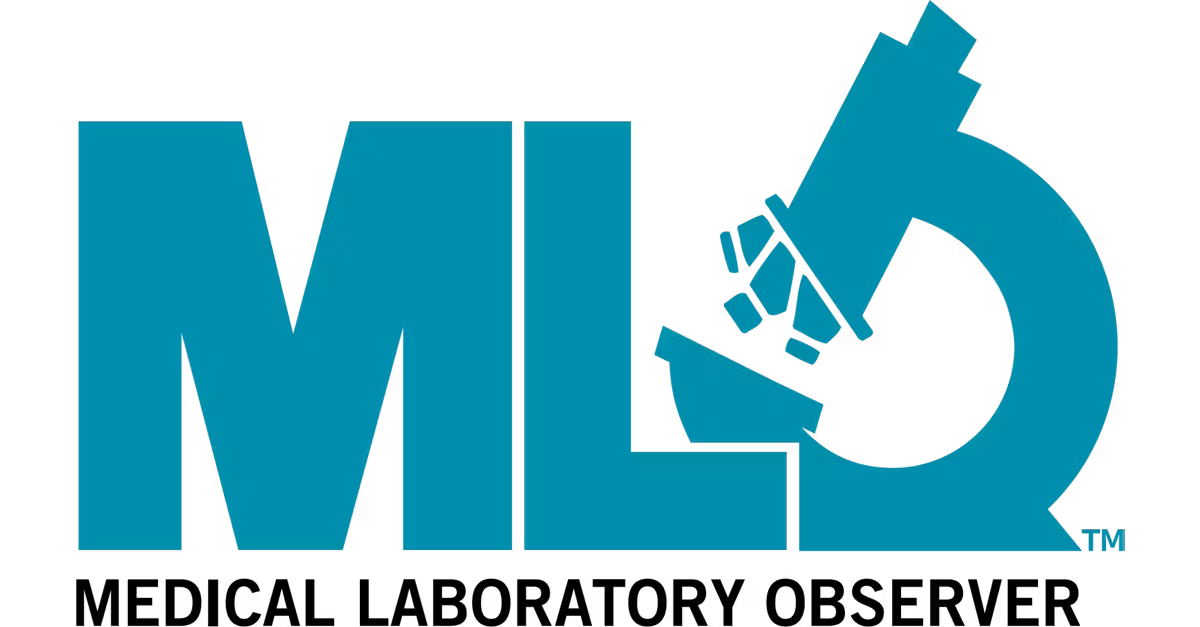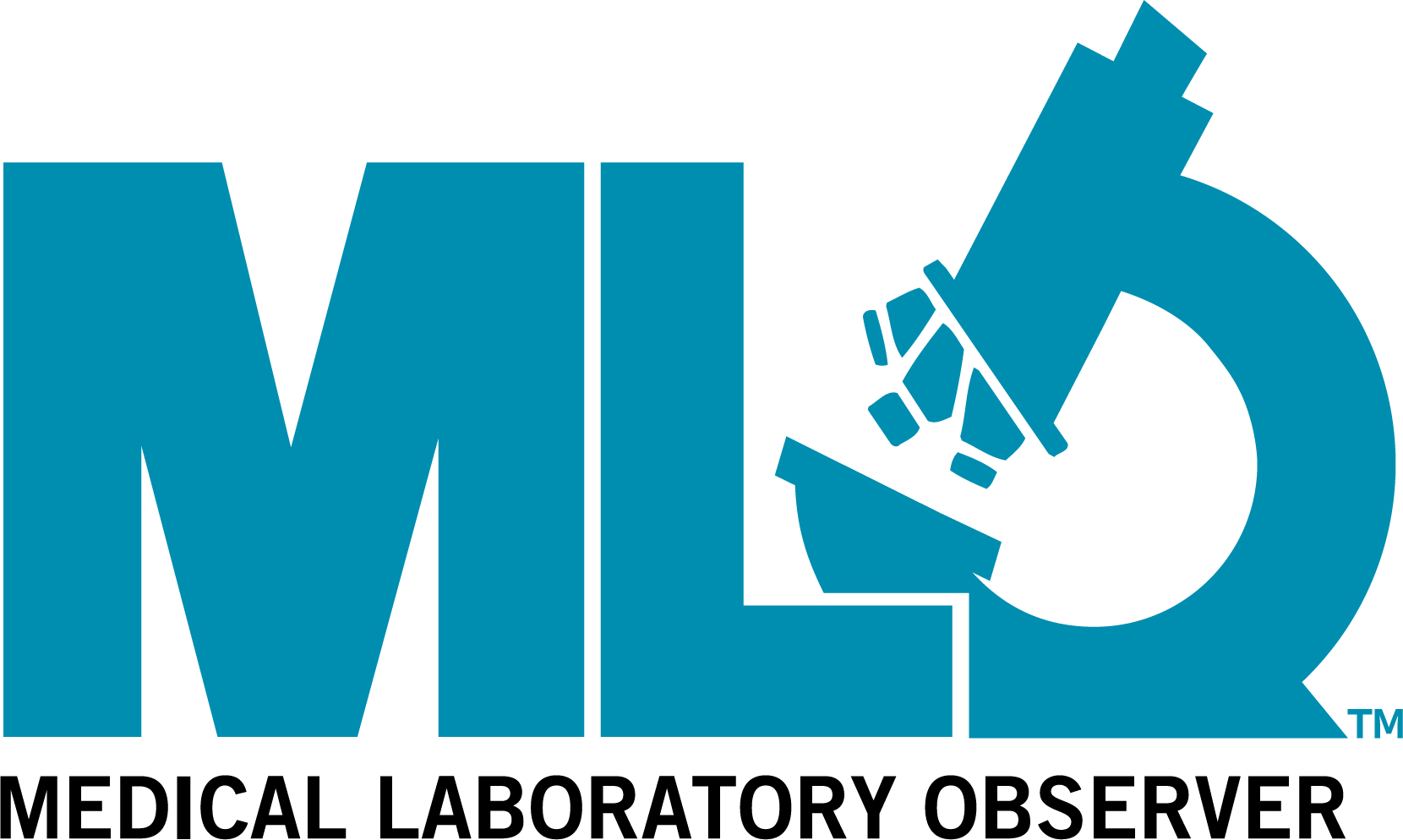June 7, 2023
Israeli technique predicts patient response to immunotherapy

Researchers at Ben-Gurion University have developed a technique to improve response to cancer immunotherapy treatments.
Biosensor Innovation: Immuno-Checkpoint Artificial Reporter Technology
This new tool, called the immuno-checkpoint artificial reporter (IcAR), is an advance in accuracy and utility compared to existing methods. ICAR has the potential to improve the efficacy of immunotherapy and reduce side effects for patients.
The team of scientists was led by Professors Moshe Elkabets and Angel Porgador. The study progressed rapidly with the collaboration of experts from Soroka and the Barzilai Medical Center.
The research findings were published in the journal Science Advances, highlighting its relevance in the scientific field.
OncoHost and its role in the commercialization of IcAR technology
OncoHost, an Israeli company specializing in oncology, has licensed the ICAR technology. The company plans to apply for approval from the US Food and Drug Administration.
Dr. Ofer Sharon, CEO of OncoHost, expressed his optimism for the development of this technology. Clinical trials could begin in a period of six to eight months, with the goal of bringing the product to market within two years.
This milestone is a promising indicator for improving patients’ response to immunotherapy.
Immunotherapy: Current Treatments and Challenges
Immunotherapy is a revolutionary treatment that improves the immune system’s ability to fight cancer cells. Despite its promising results, it is effective in only 20–40% of patients, and it is approved for about 20 types of cancer.
Immune checkpoint inhibitor (ICI) therapy is one of the most common techniques. It consists of administering monoclonal antibodies that block “checkpoints” made by cancer cells.
ICI has shown promise, but challenges remain in identifying which patients respond best to this treatment.
ICAR: accurate assessment of response to immunotherapy
Current tests have limited success rates for predicting response to immunotherapy. The bioassay developed by the BGU team, on the other hand, focuses on the functionality of ligands and receptors.
Researchers use artificial cells expressing PD1 to measure interleukin-2 (IL-2) secretion, thereby assessing PD1 activation.
This methodology allows for a more precise and manageable approach to assessing the functionality of ligands in cancer cells.
Benefits of ICAR: Minimum intervention and maximum efficiency
One of the main advantages of ICAR is its ability to quantify protein functionality in fixed tissue samples. This feature allows eliminating the need for multiple biopsies in patients.
This innovation is an important step forward in the research and selection of patients for specific treatments. The researchers believe that this technique can also be applied to other proteins present in T cells.
Dr. Elkabets highlighted the potential of ICAR to identify new immune checkpoint combination therapies, while Dr. Sharon highlighted the high sensitivity and specificity of preliminary results compared to current biomarkers.





